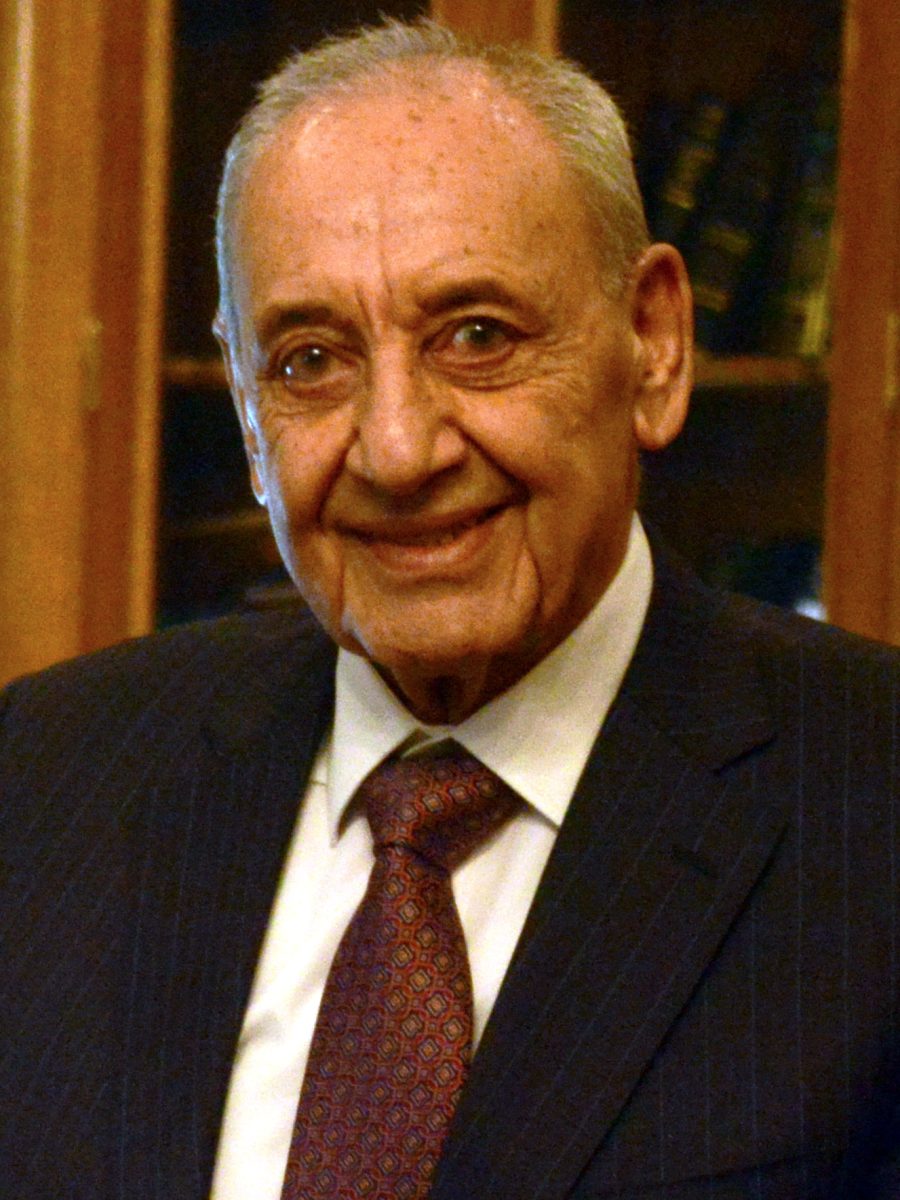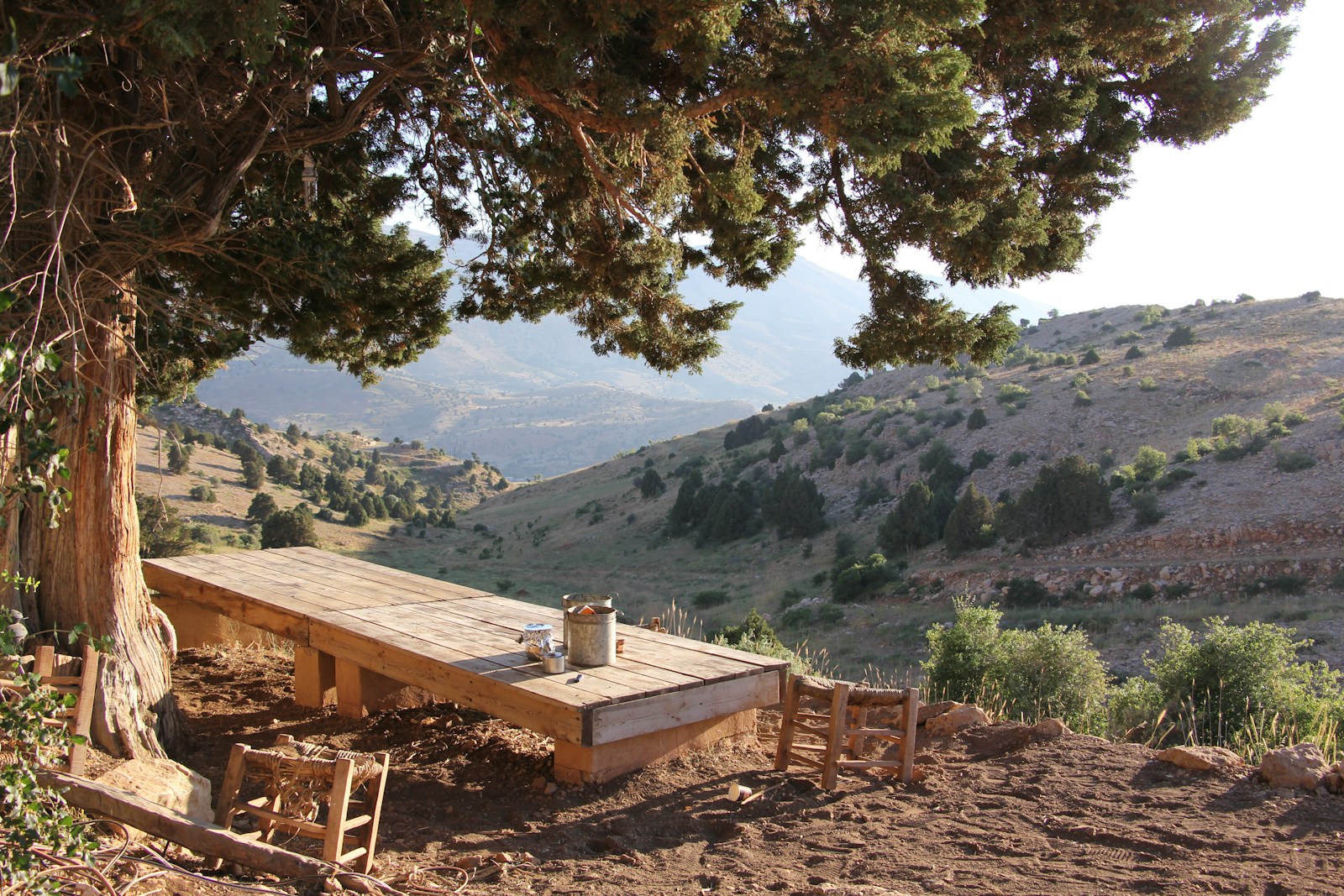
Lebanese Speaker of Parliament, Nabih Berri, is the longest-serving speaker of parliament in the world.
On Sunday, Lebanon’s Speaker of Parliament Nabih Berri commemorated the 1978 disappearance of Amal founder, Musa al-Sadr. His speech was not simply about the memory of al-Sadr, it served as a warning, delivered at a moment of unprecedented pressure on Lebanon’s sovereignty.
Months after Israel’s devastating war on Lebanon, and under heavy U.S. pressure, the Lebanese government has tasked the army with drafting a plan to disarm Hezbollah by the end of the year. Hezbollah has rejected the move and ministers from the group and Berri’s Amal Movement walked out of the last cabinet session in protest. Berri’s speech came just days before ministers are expected to reconvene to discuss the army’s proposal, a plan driven less by Lebanese consensus than by Washington’s demands.
Western Pressure
Berri reaffirmed Lebanon’s stance: “We reiterate that we are open to discussing the fate of this weapon, which is our pride and honor as Lebanon, within the framework of a calm and consensual dialogue under the umbrella of the constitution, the inaugural speech, the ministerial statement and international laws and conventions, leading to the formulation of a national security strategy that protects Lebanon, liberates its land, and safeguards its internationally recognized borders.”
He reminded Lebanon and the world of the stakes: “Satanic minds are more dangerous to Lebanon than the weapons of resistance that liberated the land and the people and preserved dignity and national sovereignty.”
A Broken Ceasefire
Berri also pointed to the November 2024 ceasefire, which he personally helped broker. Under that deal, Hezbollah was to pull its fighters north of the Litani River, while Israel was to withdraw its troops and halt bombings.
Hezbollah has abided by its commitments. Israel has not. Instead, it continues near-daily bombings and maintains control over five strategic hilltops inside Lebanese territory. U.S. officials have openly told Lebanese leaders that Israel will not withdraw until Hezbollah disarms, essentially rewriting the deal after Lebanon has already met its obligations.
“What the U.S. is proposing now goes beyond the principle of restricting weapons,” Berri said, “and rather appears as an alternative to the November ceasefire agreement. Lebanon implemented what was required of it and what was imposed by this agreement, while Israel insisted on continuing to violate the sovereignty and usurp the national will. It insists on not withdrawing from the occupied territories and has even gone further, as we have noted.”
Disarmament or Surrender?
By year’s end, the Lebanese Army is expected to deliver a plan to disarm the very group that has served as the country’s only defense against Israeli aggression. Hezbollah leader Sheikh Naim Kassim has made the group’s stance clear: weapons will not be up for discussion until Israel withdraws from occupied Lebanese land and ceases its strikes.
Berri warned that forcing this issue would destabilize the country: the disarmament plan, he said, was like throwing “the ball of fire into the lap of the Lebanese Army.” Asking an under-resourced national force to dismantle the only effective deterrent Lebanon has, while Israel continues bombing its territory, is not a path to stability, it is a path to surrender.
Consequences of Western Involvement
If Lebanon bows to Western pressure, the consequences will be catastrophic. Disarming Hezbollah without securing Israel’s withdrawal would mark the collapse of Lebanon’s sovereignty. It would pave the way for the “Greater Israel” project that so many have warned about, where Lebanon is reduced to little more than a borderland, managed by foreign powers.
Any national security strategy must first and foremost protect Lebanon, liberate its occupied land, and safeguard its internationally recognized borders. Yet in 2025, the very question of whether Lebanon has the right to defend itself is being treated as negotiable.
What gives the West and Israel the authority to dictate terms to a sovereign nation under attack? Where is the United Nations, the International Criminal Court, institutions that claim to protect international law, yet remain silent as Israel violates ceasefires while demanding Lebanon disarm?
Lebanon Cannot Survive Without Resistance
The U.N. and ICC, branded as beacons of justice, have shown themselves to defend selective interests. Has the world not yet recognized that the era of permissive colonization, of any land, must end? Lebanon must stand firm or be swallowed by foreign interest.
Lebanon’s future hinges on resisting Western and Israeli demands that threaten its very existence. Any strategy must protect Lebanon, liberate the land, and safeguard its internationally recognized borders. Is Ukraine asking, in 2025, whether they still have the right to defend the nation from occupation and colonization?
Lebanon is not being faced with a simple policy debate. It is being forced to choose between sovereignty or submission. As Berri made clear, the debate is not about the presence of Hezbollah’s weapons, it is about whether Lebanon will be allowed to exist as an independent nation.
Berri’s words were not just rhetoric, but a warning: the so-called disarmament plan throws “the ball of fire into the lap of the Lebanese Army,” asking an underfunded national force to neutralize the only deterrent Lebanon has while Israel continues its strikes.
This is an attempt to dismantle Lebanon’s last defense, to weaken its independence and to reduce it to a frontier of “Greater Israel.”
Lebanon must not accept this trap. Disarmament under occupation is surrender. Dialogue without sovereignty is conceding. And silence in the face of foreign pressure is complicity in the erasure of Lebanon itself.
To disarm now, while land remains occupied and skies remain under bombardment, would not bring peace. It would erase Lebanon’s agency and dismantle its last defense. This is not negotiation. It is coercion, dressed up as diplomacy. It means giving up our arms, our dignity and our right to exist as free people. Disarmament under occupation is not peace, it is surrender. A state stripped of its ability to defend itself cannot claim independence; it becomes a border on someone else’s map.





